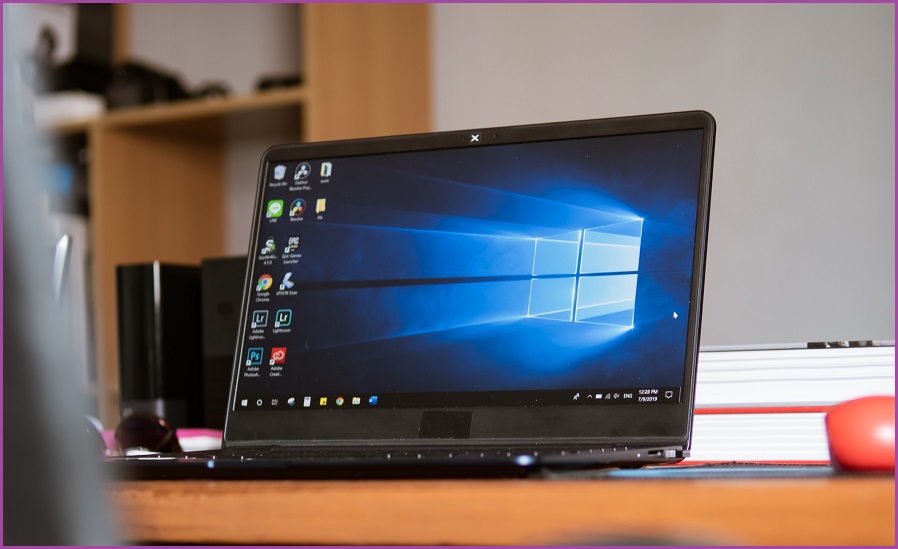Organisations unable to upgrade to Windows 11 before Microsoft’s official end of support can purchase an extra three years of security updates, the company revealed this week.
Windows 10 will reach the end of its support cycle on October 14, 2025 – yes, it’s been nearly 10 years since the operating system came out.
“When Windows 10 reaches end of support, Microsoft will no longer provide bug fixes for issues, security fixes for vulnerabilities, time zone updates, or technical support for problems that might occur,” Jason Leznek from the Windows servicing team said in a blog post.
“With the EOS for Windows 10 coming in less than two years, now is the time to migrate to a modern OS.
“Ensure that your organization isn’t left running unsupported software that is no longer receiving security updates. Organizations running legacy software are vulnerable to significant security risk and potential compliance violations.”
In the past, the end-of-support date would have put a firm timer on organisations to upgrade or risk carrying on with a decaying operating system, but since the Windows 7 end of life Microsoft has offered an extra subscription to ease the transition.
Customers can pay for a maximum of three extra years of Windows 10 support which will include necessary security updates and limited technical support.
This will be especially important for the upgrade to Windows 11 given it has strict hardware requirements to enforce firmware security.
The minimum specs for Windows 11 have never been particularly onerous – 4GB of RAM, a 1GHz 64-bit processor and 64GB of storage – but the requirement for Secure Boot and TPM was a source of frustration when the operating system was first announced.
Of course, Microsoft used its end-of-support announcement to talk up the ways Windows customers can upgrade: either get new devices or use the cloud with Windows 365.
Microsoft is hoping more customers will opt for the latter in the hopes of further shoring up its growing cloud operation that has made some of its rivals complain to competition regulators.
Interestingly, Microsoft cited Australian bank Westpac as an example of an organisation rolling out Windows 11 to its 40,000 employees.
Westpac went offline for 8 hours this week as a result of a ‘routine IT update’. It has not yet explained the cause of that outage.










